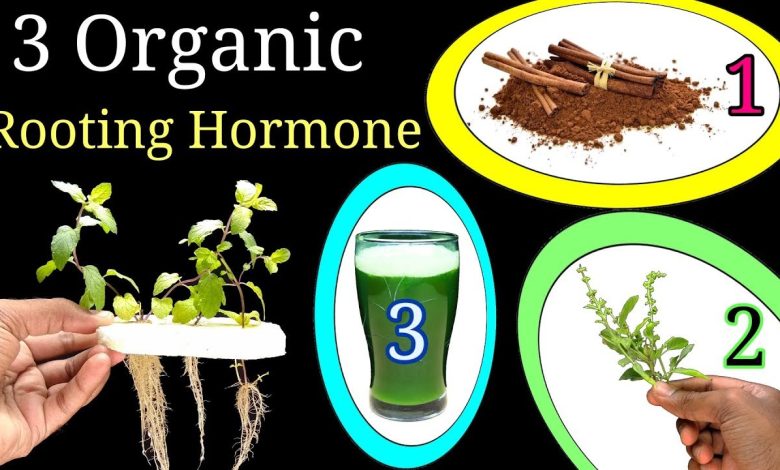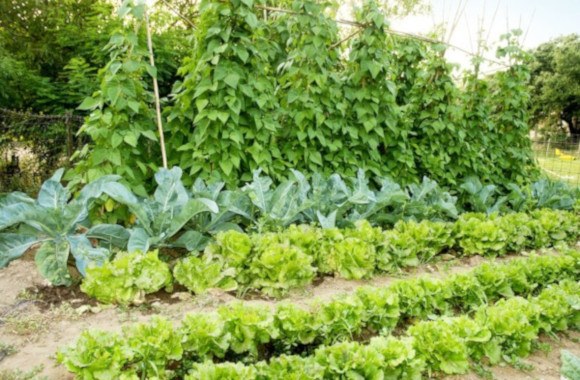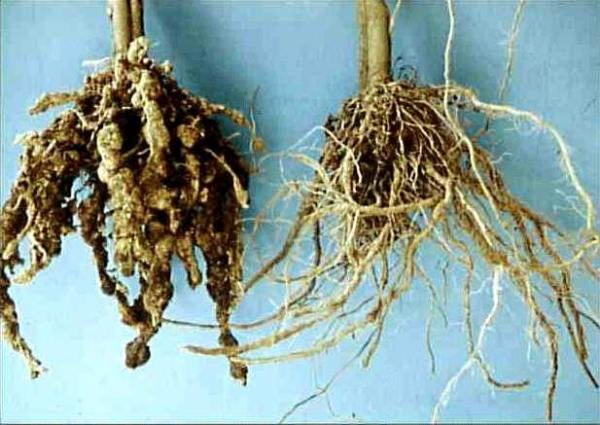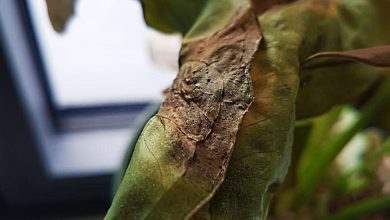5 Homemade Natural Rooters that you can do yourself

Hello Agrohuerters, today we will talk about a topic of great interest for those who want to cultivate an organic garden: natural rooting.Rooting agents, growth hormones or biostimulants are different names that designate the same thing: a type of product that is used to improve the growth and vigor of plants.

What are natural rooters?
Natural rooting agents are used in agriculture to promote growth of the main roots and the development of a greater number of secondary roots. They are widely used products, especially when cuttings are going to be planted, whether woody or herbaceous. In these cases, it is essential that the plant develops a strong and healthy root system (both for its support and for the absorption of nutrients), and natural rooting agents can be great allies to achieve this.
Chemical or artificial rooting agents have traditionally been used, but it has now been discovered that there are plants that produce them naturally, so we can use them to make natural plant extracts or rooting agents.
How to make homemade natural rooting
1. Coffee
As we have seen on previous occasions, coffee has many uses, and one of them is that it is a good helper when it comes to rooting. It is made by boiling the coffee beans (it can also be done with ground coffee) Approximately a handful of coffee is used for half a liter of water so that it is not too concentrated, it is strained to remove the remains and allowed to cool, the cutting let it rest for a while in this coffee liquid.
2. Cinnamon
This rooting is one of the simplest and fastest to make, add 3 tablespoons of cinnamon to a liter of water and let it rest overnight. I personally also add carrot skins that have some root; Finally, the next day it is filtered and it would be ready.
3. Soy or wheat seeds
The seeds in general have good properties and during germination they generate hormones to root, so they are very useful for our purpose. To make the rooting, the seeds must be left to stand in water for about 3 hours, they are drained but this water is reserved in the fridge, then they are crushed with new water, and this kind of porridge is filtered, finally what we obtain is mixed with the water that we had reserved in the fridge.
4. Willow
The willow is a species with numerous properties, among which it takes root very well and in a short time. A few willow twigs with bark are needed, these are washed and left in a container with water for about 3-4 weeks. The water is then put into the fridge and only the branches are boiled in water for a few minutes. This is filtered, and allowed to cool to room temperature. Once it is completely cold, it is added to the water that we had left in the fridge and it is ready to use.
5. Lentils
This is one of the best known and used, lentils are seeds so during their germination they generate the hormones that we have talked about previously, so we can take advantage of their properties.
To prepare it, let the lentils rest in water for about 5 hours, some may germinate, then mix the water and the lentils together, to continue straining or filtering. You can add a little water so that it is not so concentrated and it is sprayed over the area of the cutting that needs to be treated.
Today, there are rooting agents on the market suitable for organic farming, they are presented in powder or liquid format. The only drawback is that they are somewhat high in price.
All these natural rooting agents can be used for crops that grow or regenerate. Natural rooting agents should be added to the water of the first phase, or sprayed on the roots at the time of transplanting.
The ideal time to apply them is on the cutting before planting it, it should be distributed well throughout the base of the cutting, let it absorb it for a few minutes and then plant it.
Advantages of using homemade natural rooting agents
If you do the rooting yourself, you will benefit from advantages such as:
- They are 100% ecological.
- It doesn’t take long to make them.
- They are very cheap.
- The ingredients for its preparation are very easy to find.
- Processing waste can be used for compost.

Disadvantages of natural rooting
The only drawbacks that these natural rooting agents can present are basically two, the first is that they take a little longer to take effect than conventional rooting agents (chemical or synthetic) and the second is that they last only 3 or 4 days in the fridge, then They lose all their properties.
For this second problem I am going to do an experiment, and that is to freeze the rooting agent. Later, in two different containers, I will root two cuttings: one with freshly made rooting agent and the other with rooting agent that has been frozen for a while. I’ll tell you the results.
Agrohuerters, I encourage you all to make your own natural rooting agents and tell us how they work on your plants. Regards and until next time!


![Photo of Walnut Pests and Diseases: [Detection, Causes and Solutions]](https://www.complete-gardening.com/wp-content/uploads/2022/08/walnut-pests-and-diseases-detection-causes-and-solutions-390x220.jpg)

